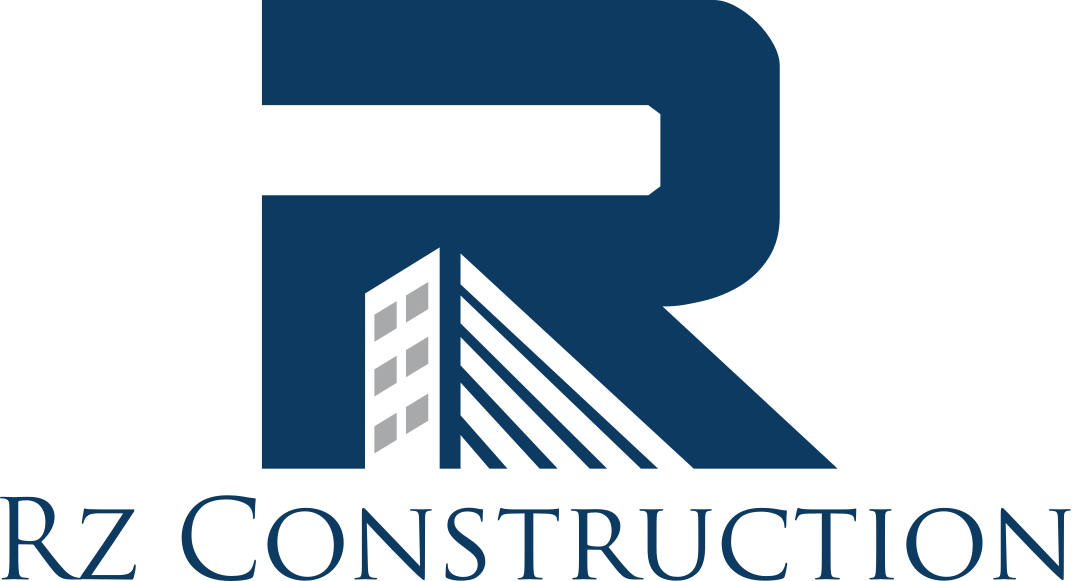The argument between flat and pitched roofs is often used in deciding on a roof for your house or business. Every type has advantages and disadvantages; the best one for you will usually rely on your location, price, taste in design, long-term maintenance requirements, etc. This information will let you choose whether your project in Queens, NY, calls for a new building or roof repair.
A flat roof is what exactly?
Almost level, with just a minor pitch to let for water drainage, a flat roof is exactly what it sounds like. Although they are becoming popular in residential architecture for their modern appearance, flat roofs are usually found on commercial structures.
Advantages of Flat Roofs:
- Flat roofs are more budget-friendly upfront since they usually require fewer materials and labor, saving costs.
- Maintenance, cleaning, and solar panel or rooftop HVAC system installation are safer and easier tasks.
- Flat roofs help to define a sleek, modern architectural style.
Cons of Flat Roofs:
- Because they are more likely to pool water, flat roofs may cause structural damage if improperly maintained or leaks.
- Usually having a shorter lifespan than pitched roofs, these could need more regular repairs.
- Flat roofs often provide less natural insulation, which could compromise the energy economy.
In an urban region like Astoria, if you own a business or house, a flat roof could fit the architecture of your property. However, sound installation and upkeep depend on working with a trustworthy roofing Astoria contractor.
What is a pitched roof?
Sloped and in various designs, pitched roofs include gable, hip, and mansard. Usually found on domestic houses, this is the most typical roofing design.
Advantages of a pitched roof:
- The slope lowers the possibility of leaks by readily letting trash, rain, and snow runoff.
- Better water discharge and more robust materials help pitched roofs often survive longer.
- Extra insulation can be accommodated, and the attic area can control internal temperatures under a pitched roof.
Cons of a pitched roof:
- More materials and labor are needed in higher initial cost pitches, meaning more installation expenses.
- Because of their height and slant, roof repairs can be more expensive and complicated.
- A pitched roof might not fit every architectural style, particularly in metropolitan settings.
A pitched roof is the better choice for homeowners seeking long-term investment and dependable performance in places with lots of rain or snow. Professional roof repair in Queens, NY, can restore the integrity and increase the lifetime of an older sloped roof if you have problems with it.
Environment and Location Issues
Your location largely influences the correct roof type. For instance, severe rain and snow are not rare events in New York’s boroughs like Queens and Astoria. Because of their better drainage, pitched roofs are usually favored for these circumstances. Still, well-installed flat roofs with appropriate drainage systems and waterproofing can also be excellent.
Upkeep and lifespan
Whatever kind of roof you decide upon, frequent maintenance is vital. While pitched roofs should be looked for loose or missing shingles and flashing problems, flat roofs should be checked for pooling water and membrane damage. Early roof repairs in Queens, NY, can assist in preventing later expensive structural issues.
Which Roof Would Suit Me?
Regarding flat rather than pitched roofs, there is no one-size-fits-all response.
- If you want rooftop access, modern style, or are on a small budget, choose flat roofing.
- If you wish for improved insulation, increased water drainage, and longevity, go for pitched roofs.
See a local roofing Astoria or Queens specialist to assess your particular requirements, kind of building, and local building codes. A trained contractor can assist you in balancing the advantages and disadvantages and guarantee a roofing solution that increases the value and protection of your property for many years to come.
